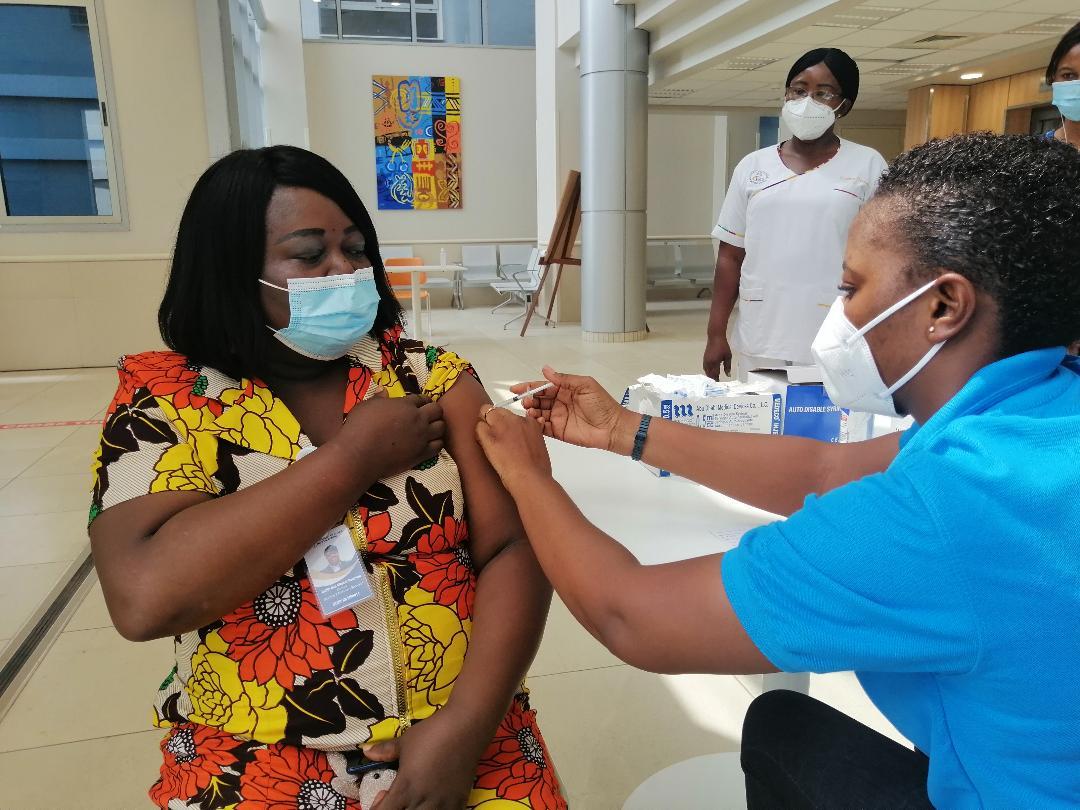The government says there is no official mandatory COVID-19 vaccination policy in Ghana.
According to a letter dated January 18, 2022, and written by the Presidential Advisor on Health, Dr. Anthony Nsiah-Asare, govt said although its position with regards to COVID-19 vaccination is backed by data, “there is no current mandate requiring mandatory vaccine rollouts within the country.”
This was in response to a petition from a group of doctors opposed to the government’s rollout of an extensive vaccination programme as one of the effective means of reducing the transmission of COVID-19.
The letter noted that the vaccination exercise had become necessary because “there was clear evidence of the public health impact of vaccination in terms of infections, hospitalizations, deaths prevented and improved health outcomes that cannot simply be brushed aside.”
Meanwhile, the Ghana Health Service on Monday, January 31, rolled out a five-day national vaccination campaign as part of efforts to increase the uptake of the COVID-19 vaccine.
The National Vaccination Days campaign will run from Wednesday, February 2 to Sunday, February 6, 2022.
Codenamed: ‘Operation 2.5 million doses in five days, the campaign intends to target at least 20 percent of the 13.2 million population who remain unvaccinated.
All people 15 years and above, including pregnant women, are eligible to receive the vaccine.
Last month, about three million COVID-19 vaccines were administered according to the Ghana Health Service (GHS).
The figure is the highest administered so far in a month since Ghana began its mass vaccination drive against COVID-19.
So far 10,025,481 doses of vaccines have been administered in Ghana.
Out of that number, 7,221,427 persons have received at least one dose and 3,543,312 persons have had their second doses.
1,161 persons have received their first booster dose.
As at 26 January, 1,876 persons remained positive with active cases and 1,395 deaths have been reported since the infections began in Ghana in March 2020.
By: Isaac Clottey









